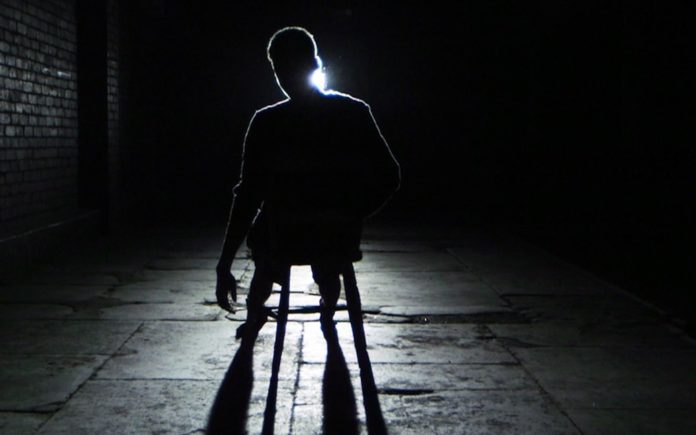Thousands of prisoners are being held in solitary confinement in Turkey under conditions so harsh that some prisoners consider dying by suicide, Deutsche Welle Turkish service reported Tuesday.
There are no official figures on the number of prisoners in solitary confinement or how many people die by suicide in prisons in Turkey, but observers told DW that an estimated 3,000 inmates are being held in isolation.
By law, solitary confinement is reserved for inmates imprisoned for life without parole or convicted of heading terrorist organizations. Prisons can also use solitary confinement as a disciplinary measure. However, there are repeated indications that solitary confinement is ordered arbitrarily in many prisons without justification.
“My living conditions are getting worse by the day, and I feel increasingly poor,” Muzaffer Özcengiz wrote from his prison cell. “I have a right to live, and so I demand that I be transferred back to a communal cell.”
The 58-year-old teacher took his life on April 27 in solitary confinement at a maximum security prison in the Black Sea province of Çorum. He was kept isolated from his fellow inmates for 14 months “without any justification,” he wrote, adding that solitary confinement had made him ill, leaving him no option but suicide.
Those were his last words — Özcengiz died two days after sending the letter to a judge begging him to end his isolation.
He had been in jail for two years. Özcengiz was sentenced to 12-and-a-half years in prison after he was convicted of membership in the Gülen movement.
The teacher appealed the sentence, but the appellate court has yet to announce a ruling. The farewell letter was made available to DW by Ömer Faruk Gergerlioğlu, a member of parliament for the Peoples’ Democratic Party (HDP), which advocates for Kurds and other excluded minorities in Turkey.
Turkey’s Justice Ministry did not respond to a request for information on the number of prisoners currently in solitary confinement or the number of deaths. Leyla Usta Şahin, the human rights commissioner for the ruling Justice and Development Party (AKP), was also unable to provide information about the poor conditions in solitary confinement.
The press frequently reports on deaths similar to that of Muzaffer Özcengiz.
For years, government officials have been forbidden from releasing information on the conditions of prisoners in solitary confinement, the HDP’s Gergerlioğlu, a lawmaker who advocates improving prison conditions, told DW. There has been a sharp increase in the number of inmates in solitary confinement since Turkey’s postcoup state of emergency was declared in 2016. “We do not, however, know the exact number,” Gergerlioğlu said.
Prisoners can legally be kept in solitary confinement for a maximum of 20 days — during which time they are also denied fresh air and physical activity — for disciplinary reasons. “But we know that hundreds of prisoners are in solitary confinement for up to 26 months, Gergerlioğlu said. “The state suspends human rights in prison.”
Ezgi Yusufoğlu, a sociologist who researches the lives of prisoners serving life sentences, told DW that conditions in solitary confinement are harsh. “Contact with other prisoners is strictly forbidden, and only first-degree relatives are allowed to visit.”
Yusufoğlu said she had no new data on the number of prisoners held in solitary confinement. Five years ago, the Justice Ministry reported the number as 1,453. In 2018 about 260,000 prisoners were held in 385 prisons, according to Turkey’s Justice Ministry.
Total capacity was reported to be 111,000 inmates — a number that was almost doubled by adding bunk beds and mattresses on the floor. The government has announced that it will build 100 new prisons in the coming years.

